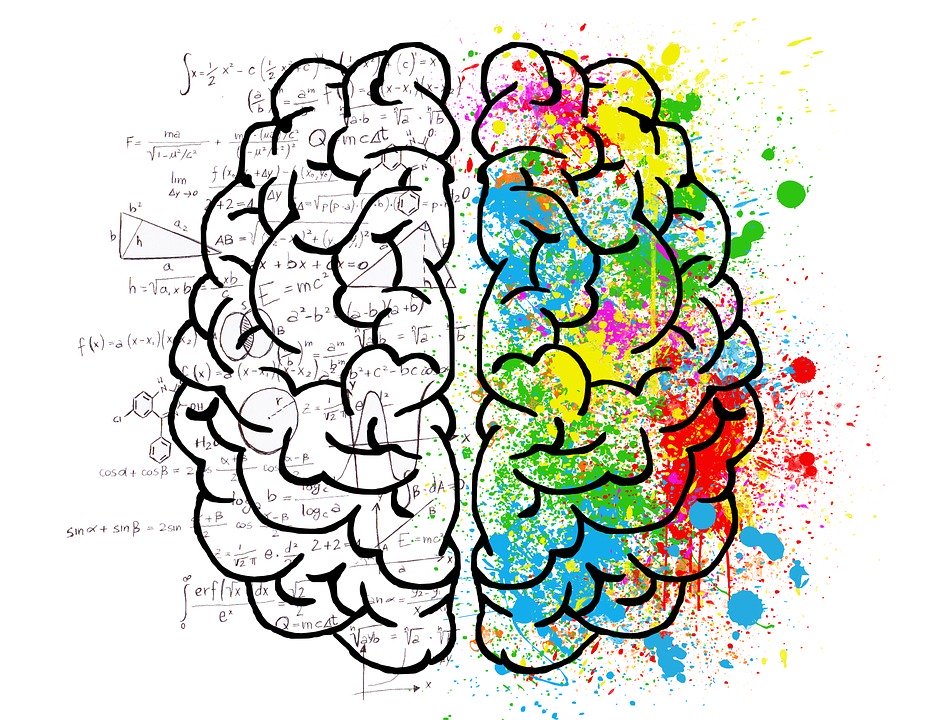This one isn’t as difficult to answer as you might ‘think’ (snort), so which was first? Brain or mind?

The definite thought
Definition of the brain gives us:
a : the portion of the vertebrate central nervous system enclosed in the skull and continuous with the spinal cord through the foramen magnum that is composed of neurons and supporting and nutritive structures (such as glia) and that integrates sensory information from inside and outside the body in controlling autonomic function (such as heartbeat and respiration), in coordinating and directing correlated motor responses, and in the process of learning — compare forebrain, hindbrain, midbrain
b : a nervous center in invertebrates comparable in position and function to the vertebrate brain
Mind the gap
Well…that wasn’t hard. Now about the mind:
1. The element of a person that enables them to be aware of the world and their experiences, to think, and to feel; the faculty of consciousness and thought.
1.1 A person’s mental processes contrasted with physical action.
2. A person’s ability to think and reason; the intellect.
Though I don’t agree with the first one entirely, because the mind is not causing us to feel, it only is the aggregated functioning that makes us aware of what we feel as individual, this is the definition that pops up.
Emerging winner
Now, which of those two come first have actually little to do with the definition of both. Rather:
The mind is the aggregated functioning of processes in the brain that cause it to be selfaware and able to experience and act. While the brain has multiple functions for parts of the body and actions of the organism, the mind is dependent on the speed of these processes. Now you might want to argue about speed in neurons and all, but the fact remains that the mind is an emerging property of the brain’s functions. Thus the brain has to exist for the mind to arise.
So, as all mammals have a brain, but not a mind, it should be both logically (from the above) and biologically clear that the brain was and is present before a mind can form.
